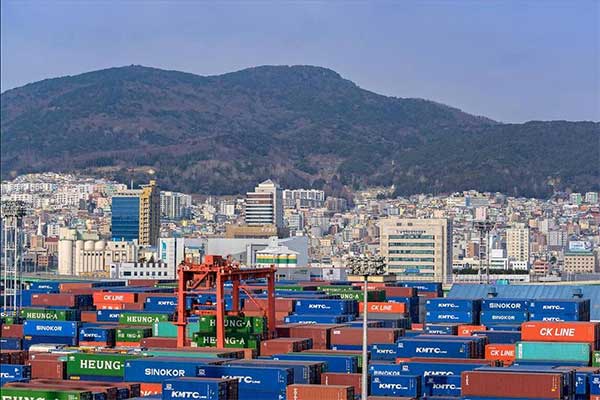
Comprehensive Analysis of Foreign Trade Processing
In todays globalized world, foreign trade processing has become an important means for many enterprises to expand market share and improve competitiveness. However, how to effectively conduct foreign trade processing, ensure products meet international standards while controlling costs, is a challenge every enterprise must face.
Understanding the Basics of Foreign Trade Processing
First, we need to clarify what foreign trade processing is. Simply put, it refers to enterprises conducting a series of processing activities including product design, production and packaging based on foreign customer requirements, ultimately exporting finished products to foreign markets. This process involves multiple stages including raw material procurement, production processing, quality control and logistics transportation.
Detailed Explanation of Key Processes
- Raw Material Procurement: Selecting high-quality raw materials is fundamental to ensuring final product quality. Enterprises need to establish long-term cooperative relationships with reliable suppliers to ensure stable supply and quality of raw materials.
- Production Processing: During production, enterprises must strictly comply with international standards to ensure product safety and environmental friendliness. Meanwhile, adopting advanced production technologies and management methods improves production efficiency and product quality.
- Quality Control: Quality control is an indispensable part of foreign trade processing. Enterprises need to establish a comprehensive quality management system, conducting strict quality inspections at every stage from raw material intake to finished product shipment.
- Logistics and Transportation: Efficient logistics transportation is key to ensuring products reach customers on time. Enterprises need to choose suitable logistics partners and optimize transportation routes to reduce costs.
Tactics for Facing Challenges
In foreign trade processing, enterprises may encounter various challenges such as exchange rate fluctuations, trade barriers and cultural differences. To address these challenges, enterprises can adopt the following strategies:
- Market Diversification: Dont put all eggs in one basket. Enterprises should explore multiple markets to spread risks.
- Flexible Pricing: Adjust product prices flexibly according to exchange rate changes and market demand to maintain competitiveness.
- Cultural Adaptation: Understand the cultural customs of target markets, adjust product design and marketing strategies to better meet local consumer needs.
5.2 Key points of compliance management
Lets look at a successful foreign trade processing case. An electronics manufacturer optimized production processes, implemented strict quality control and established efficient logistics systems, successfully exporting products to European and North American markets with a 30% annual export growth. This case fully demonstrates the great potential and value of foreign trade processing.
In conclusion, foreign trade processing is a complex but opportunity-rich field. Enterprises need continuous learning and adaptation to remain invincible in intense international competition. We hope this article provides valuable references and inspiration for your enterprise.


 Follow Customer Service WeChat
Follow Customer Service WeChat